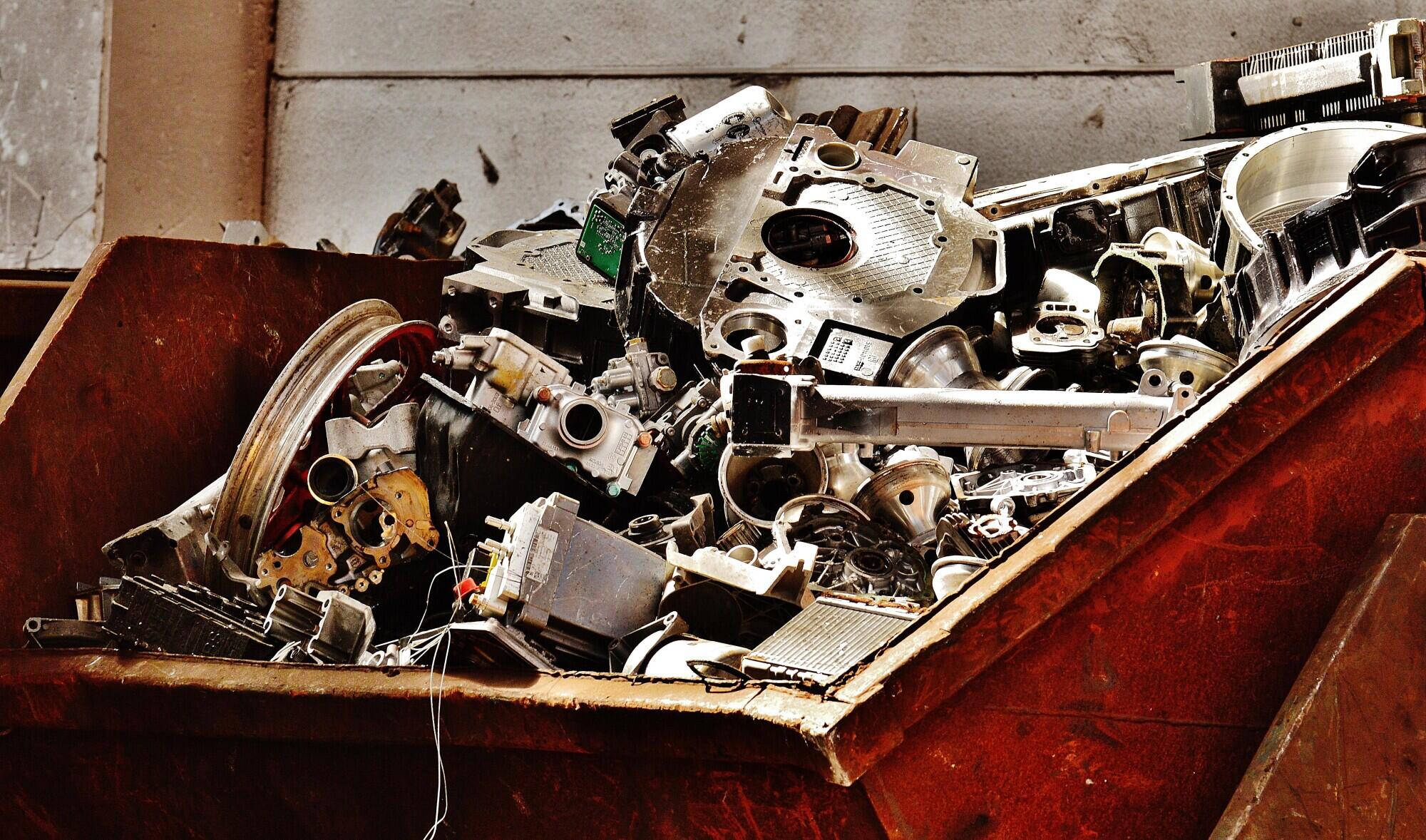
Exploring a Refractory Metal: Properties, Applications, and More
Refractory metals are crucial in the metalworking industry. These metals can withstand extreme environments. How do they perform under such conditions?
They have high melting points and superior strength. Are they crucial in high-temperature applications? They offer remarkable resistance to wear and corrosion.
Their unique properties make them invaluable in many fields. The metalworking industry relies on these materials.
Want to know more about their properties and uses? Read on to discover the fascinating world of a refractory metal.
Properties of Refractory Metals
The refractory metals are a class of metallic elements. These metals exhibit exceptional strength and resistance to heat and wear. Some common examples include:
- tungsten
- molybdenum
- niobium
- tantalum
- rhenium
These metals have high melting points (2,500°C to 3,600°C) and excellent mechanical properties. Here are some key characteristics that set refractory metals apart from other metals:
High Melting Points
Refractory metals have high melting points. These make them capable of withstanding temperatures.
Superior Strength
These metals have remarkable strength and hardness. This is due to their packed crystal structures.
Excellent Resistance to Wear and Corrosion
Refractory metals have a natural resistance to wear. These make them suitable for high-stress environments.
They are resistant to corrosion. These make them ideal for use in harsh chemical environments.
Good Thermal and Electrical Conductivity
Despite high melting points, refractory metals have good thermal and electrical conductivity. This makes them suitable for a range of thermal and electronic applications.
Applications of Refractory Metals
The unique properties of refractory metals make them ideal for many industrial applications. Some common uses include:
Aerospace Industry
Aerospace components such as rocket nozzles and plane engines use refractory metals. This is due to their high strength and resistance to extreme temperatures.
Nuclear Industry
Nuclear reactors use refractory metals because they can tolerate high radiation levels. They are also capable of enduring extreme temperatures.
Chemical Processing
Refractory metals resist corrosion and wear. This makes them ideal for use in chemical processing equipment. They are commonly used in:
- valves
- pumps
- heat exchangers
High-Performance Tools
Their superior strength makes refractory metals ideal for cutting tools and dies. They are also perfect for other wear-resistant components.
Medical Industry
The biocompatibility of refractory metals makes them suitable for use in medical apparatus. They also resist corrosion from bodily fluids.
Future of Refractory Metals
The demand for refractory metals like titanium tube pipes is expected to increase. With their unique properties, these metals play a bigger role in various industries. Here are some exciting developments on the horizon for refractory metals:
- advancements in additive manufacturing
- increased use of renewable energy
- potential for use in space exploration
Learn the Properties, Applications, and More of a Refractory Metal
Refractory metals are vital in many industrial metal uses. They offer incredible resistance to heat and extreme environments. Their high melting points make them unique and invaluable.
Such characteristics are vital for the aerospace and nuclear industries. Advanced manufacturing techniques use these metals. They support the production of intricate and unique parts.
Refractory metal properties are crucial for future technology advancements. Their applications will continue to grow and diversify. Knowing their uses is crucial for industrial progress.
Did you find this article helpful? If so, check out the rest of our site for more informative content.








